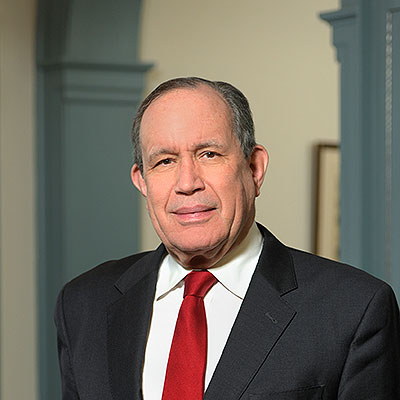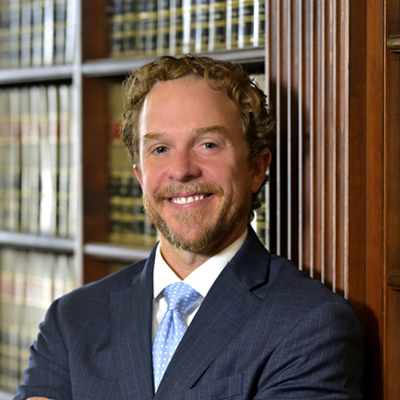What is Appeals Court?
Confused about appeals court and the process? Appellate work includes all efforts to either overturn or uphold the initial decision of a court or jury or government agency in a case. Appellate work begins during the initial proceeding before a court or agency. An appeals attorney must raise all issues that might lead to an appeal during the initial proceeding, whether the issue is procedural (such as improper notice) or substantive (such as failure to address a key issue). This step is all-important because an appeal generally cannot include an issue that counsel has not preserved in the initial hearing.
If a party does not prevail initially, your appellate attorney needs to advise on whether to appeal: will the likelihood of overturning a bad result justify the cost and time of an appeal? The lawyer has to know what to file to challenge the decision and when to file. For example, post-trial motions must be filed almost immediately but other cases allow an appeal within 30 days. A party who prevails initially must be ready to move to dismiss any untimely appeal or any issues on appeal that weren’t addressed at trial.
The party that seeks to overturn an adverse decision needs to decide whether to stay the decision, which typically requires a non-governmental party to post a bond for the amount at issue in the appeal. A stay is filed first with the trial court, and then with an appeals court, and then with an appellate court if the trial court denies the stay.
How State Appellate Court Works
In state appeals court, the party seeking to overturn the decision must file a statement of all matters complained of on appeal, without raising excessive or petty issues. This statement of issues is the basis for the judge’s opinion, after which the trial court sends the record to the appellate court.
After transmittal of the record, the appellate court takes over the case. The court will set up a briefing schedule and order the appellant (the unsuccessful party initially) to designate the portions of the whole record that the appellant will reproduce. The appellee may designate additional pages for reproduction.
Get Your Appeals Attorney to Draft a Brief
The next step is drafting the appeal brief. The appellant files first, then the appellee, and then the appellant can file a reply brief addressing the appellee’s arguments. The brief will have page or word limits and must be clear, concise, and persuasive. The brief’s organization and content must conform to the appeals court’s rules and internal operating procedures.
These rules are all-important because the court may reject non-compliant filings. Briefs are also organized like the appellate court’s decisions- so a good brief may end up as a template for the court’s decision. That’s why your appeals attorney plays such a major role in the process.
The next step is oral argument. Here the appellate advocate must distill the most important arguments to a 5-7 minute summary to the appeals court. In most cases, a panel of three judges will hear argument. Argument also will include questions from the court, particularly a “hot” court like the Pennsylvania Superior or Commonwealth Court where the judges have read the briefs and will have questions for the appellate attorney. Oral argument does not always take place; many courts dispose of appeals on submission without permitting oral argument (another reason to have an appeals attorney write an excellent brief).
Contesting the Appeals Court’s Decision
The appellate lawyer’s work isn’t over even then the court decides the appeal. The unsuccessful party may decide to petition for re-argument. Or a party who is dissatisfied with the appeals court decision may just decide to seek review by a higher court. In most cases, an appeal by right to the United States Supreme Court and the Pennsylvania Supreme Court is not possible. It is necessary to seek leave to appeal by filing a petition for certiorari to the United States Supreme Court or a petition to the Pennsylvania Supreme Court for allowance of appeal. In the very rare cases where the Supreme Court grants review, the process of briefing and argument starts all over again.
And if the case is not appealed, your appellate attorney needs to make sure the appellate court’s mandate and the appellate record move back to the initial tribunal for further proceedings, ranging from entry and enforcement of a judgment to consideration of a settlement.
Some examples of High Swartz’s appellate experience are listed below along with the state and federal courts where the appeals were heard.
Pennsylvania Superior Court
- Commercial/business/consumer litigation appeals
- Domestic relations appeals
- Employment litigation appeals
- Tort
Pennsylvania Commonwealth Court of Appeals
- Municipal appeals
- Environmental Appeals
- Land development and zoning appeals
- Workers’ Compensation
- Commonwealth agency appeals
- Original jurisdiction cases
Pennsylvania Supreme Court
- Land Use Appeals
- Environmental Appeals
Superior Court of New Jersey, Appellate Division
- Consumer Litigation
- Commercial litigation
- Litigation over arbitrator immunity
U.S. Court of Appeals for the Third Circuit
- Tort
- Commercial Litigation
- Fair Debt Collections Practices Act
- Employment litigation appeals
- Federal Civil Rights laws
- The Computer Fraud and Abuse Act





